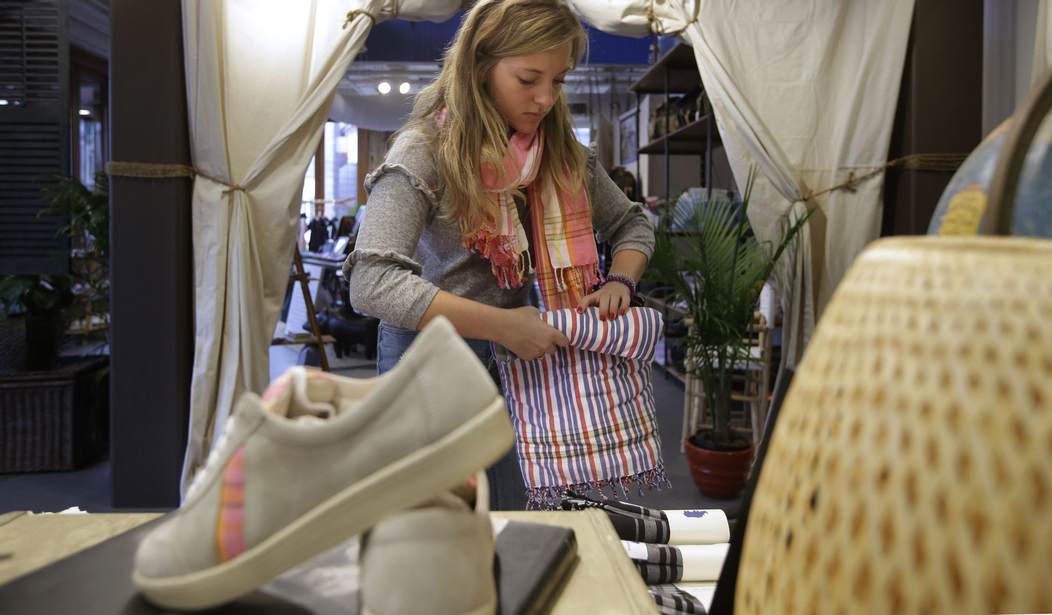After many businesses closed their doors and unemployment claims surged amid the global coronavirus slowdown, Congress passed a massive $2 trillion stimulus known as the CARES Act in order to help Americans weather the economic storm until the number of new COVID-19 cases flatlines. However, while the bill was a significant measure to curb the virus’s economic harm, it unintentionally allowed the government to pick the winners of the stimulus bill and left out financial support for a large swath of the economy that is struggling right now. With the bill's small business loan program recently running out of funds, it is vital to revisit the rules that decide how loans are distributed in the next round of stimulus funding.
Under the initial introduction of the CARES Act, only a select number of small businesses had access to the small business loans included in the stimulus bill, shutting out many other businesses that are backed by investors, such as pension funds for public employees. Under the law, over 12,000 small businesses, which employ millions of workers, did not qualify for loans from the Small Business Administration’s Paycheck Protection Program.
These businesses were left out simply because they received investments from private equity groups, which gave them access to startup capital to expand their businesses. Over the years, private equity investment has saved companies like Hilton, Dollar General, Dunkin Donuts, Popeyes Chicken, and tens of thousands of smaller businesses across our country. Instead of punishing them, any legislation should encourage future investment. Our communities and our small business will need it.
But currently, the government has inadvertently stacked the odds against them and made it even more difficult to compete and operate in a level marketplace during the coronavirus crisis. This red tape has not only threatened the livelihoods of the almost 9 million workers who are employed at these affected businesses, but has also harmed other sectors that depend on them. In fact, a recent study discovered that private equity-backed businesses added a staggering $1 trillion to the economy in 2018 alone. Those dollars flowed through local economies and helped other small businesses grow.
Recommended
And the revenues that private equity-backed businesses generate also help to fund the retirements of firefighters, teachers, and other public servants who served their communities for decades. The free market has taken much of the burden off of taxpayers, but if Congress doesn’t cut the unnecessary restrictions that unfairly prevented access to critical loans and penalized small businesses with investors, retirement accounts could be affected.
There is a single, needless government regulation that is behind this problem: the "affiliation rule." It mistakenly categorizes individual and separate small businesses that have the same investor as one entity. However, this is an inaccurate representation, as they are not a single organization. In fact, they are independent of one another and share only the common thread of having received investments from the same group.
This rule is now causing small businesses to struggle and has their workers slipping through the cracks. As we look to restart the economy, it is critical for leaders in Washington to address this faulty regulation in the next round of funding for the Paycheck Protection Program. It is simply adding unnecessary pain to the economy that can otherwise be avoided with this change.
Recently, Senator Marco Rubio and other lawmakers have pushed to provide more financial support to small businesses amid the coronavirus epidemic. It is critical that additional bills and the CARES Act expand access to loans for small businesses with investors. This is how Congress can help struggling workers and create fairness in the marketplace.
























Join the conversation as a VIP Member